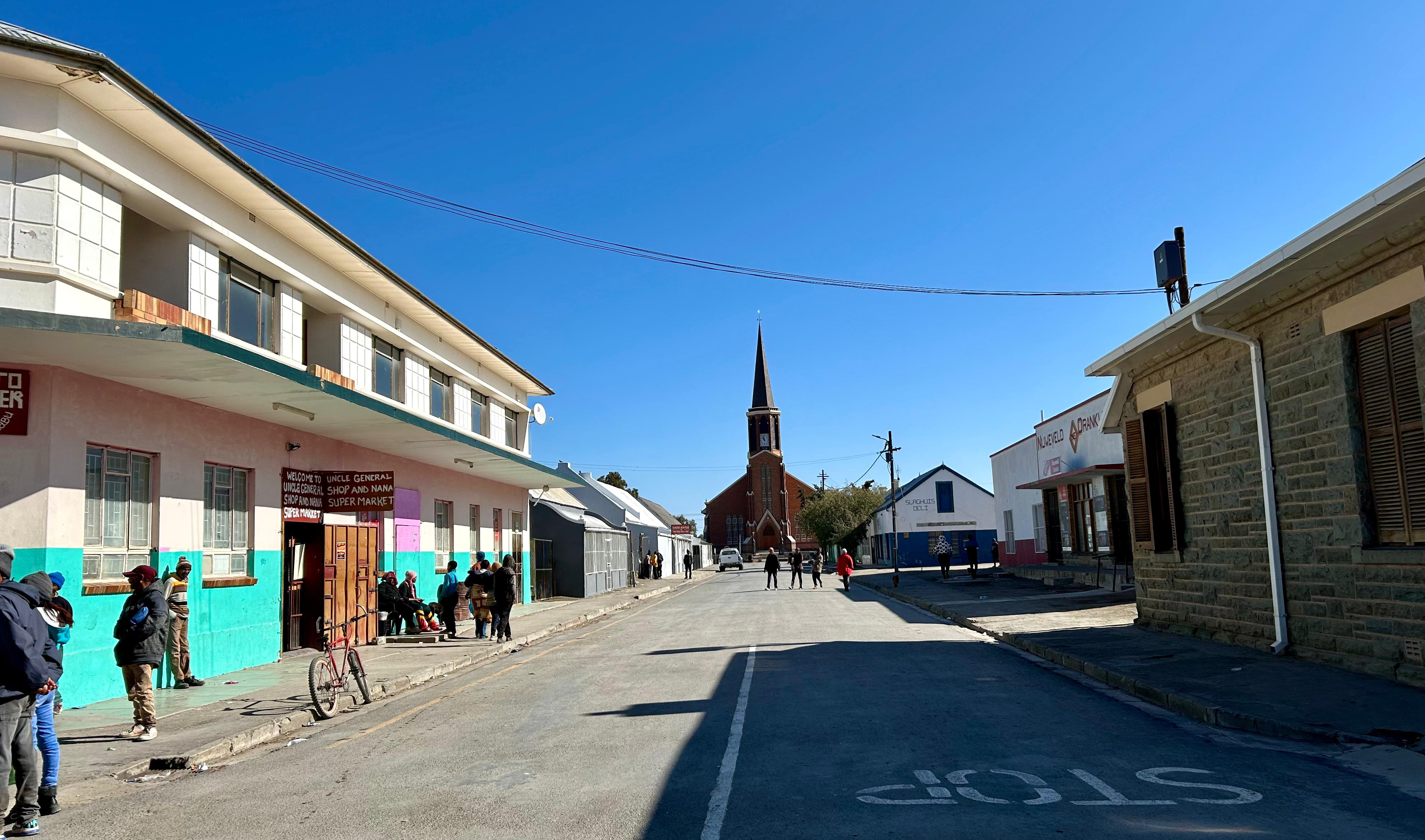Read Part 1, Part 2, Part 3 and Part 4.
Having spent a week in the Karoo among farmers, attending meetings and interacting with market agents, it would be fair to say this region is one of the most in need of agritourism promotion. The region has much to offer – great cuisine, landscapes, and history.
However, agritourism would also be a lifeline for some regions that previously relied on railway activities. There is now reduced economic activity. Thus, unemployment is rife, leaving some towns exposed to potential instability.
In the case of farmers, they do their part and create employment in their regions. Therefore, proper marketing of the unique and premium Karoo Lamb that most produce would bring the much-needed revenue, which would be reinvested in the farms, and ultimately, increased economic activity in the regions and job creation.
The marketing of Karoo Lamb requires societal support and is viewed as South African heritage food. This means that as we shop at our various retailers across South Africa, we must ask the store managers about the Karoo Lamb, great South African wines, fruits and our other high-quality regional foods.
Restaurants should also do their part and stop marketing any lamb as Karoo Lamb when they haven’t bought it from a certified abattoir or supplier.
Municipalities, particularly on the Northern Cape side of the Karoo region, must do their part in beautifying towns, keeping them clean and fixing municipal refuse dumps. Investing in proper recycling efforts will help to create valuable income for the poor and jobs for the locals.
Importantly, when people drive across the country and notice the cleanliness, beauty and care given to these towns, they may stop, spend money or even think of investing in such towns.
The provincial government also has a vital role in improving the road networks and ensuring that municipalities are functioning effectively. This is vital in ensuring the success of tourism. The issue of crime also needs a constant eye to ensure the safety of these towns. When towns are carefully maintained and clean, roads are constantly fixed and crime is low, economic activity will recover over time.
But we can all agree that the small towns of the Karoo are microcosms of the bigger problems in municipalities across South Africa. Perhaps the neglect of infrastructure in other towns is even more stark.
Here, I think of my home province, the Eastern Cape, where we read regularly about corruption. At the same time, we know that for some villages in the province life has not improved much, at least in terms of connectivity, roads, water infrastructure and safety.
So, agritourism and tourism in its entirety will not improve much and yield greater economic benefits for the Eastern Cape if such neglect continues. I am raising the Eastern Cape issue because, as I drove through some small towns in the Karoo and saw a sense of hopelessness and despair in the streets among the unemployed, I could recognise those difficulties from the Eastern Cape.
The issue of failing and weak municipalities is a nationwide challenge, and especially in North West, the Free State and Gauteng. Properly functioning municipalities and roads are vital for the farming sector – these are the links to markets and routes used to bring various inputs to farms and across agribusinesses.
The current inadequacies lead to increased transaction costs and weigh on multiple businesses and, ultimately, job creation. I know of dairy farms in the Eastern Cape that bleed cost-wise because of the poor roads and water infrastructure and the failure of the local government to improve matters after several attempts to engage them.
Therefore, to meaningfully support the broader Karoo region and its people, the first step is to buy their high-quality products. The second part lies with the regulators ensuring they keep an eye on food fraud in restaurants and other outlets that inappropriately market their products as “Karoo”, misleading consumers.
More importantly, the provincial and local governments should consistently improve the road and water infrastructure, keep the towns clean, and deal with crime. This same approach must apply across all small towns of South Africa.
Our country has many opportunities – let’s embrace them and consistently build communities. DM





